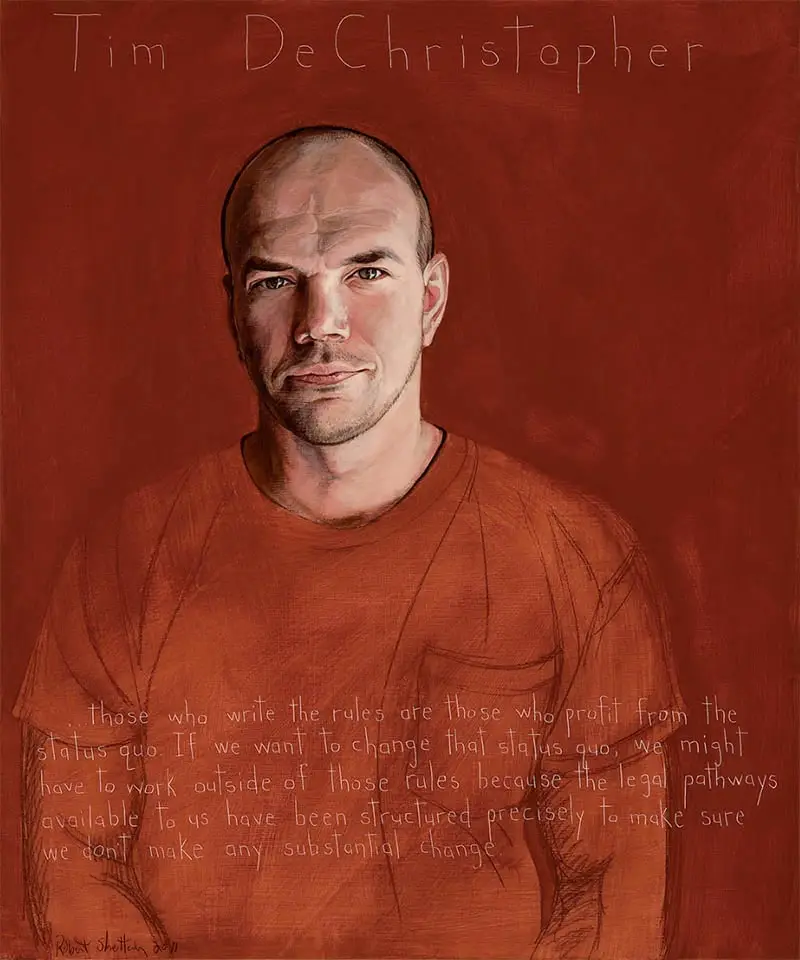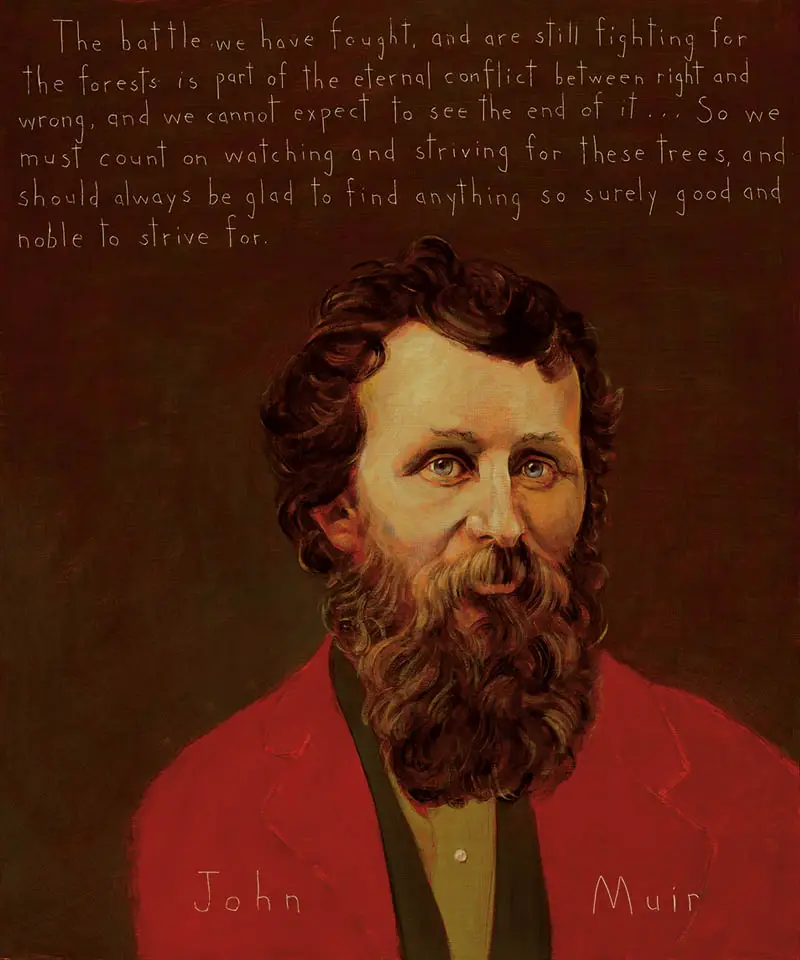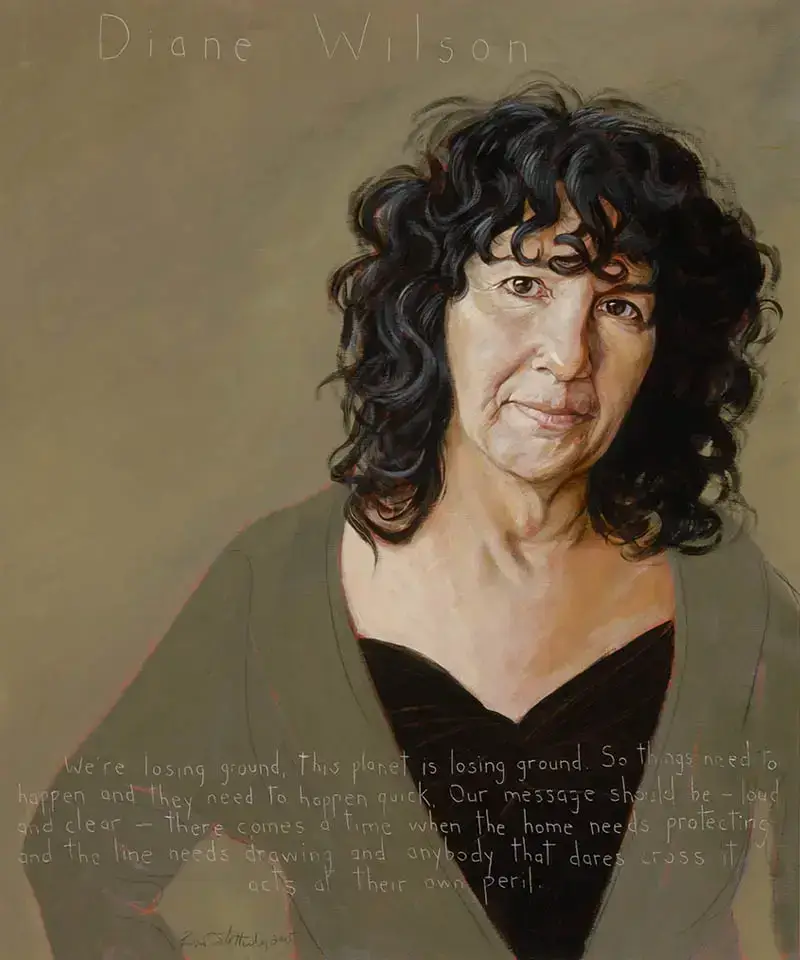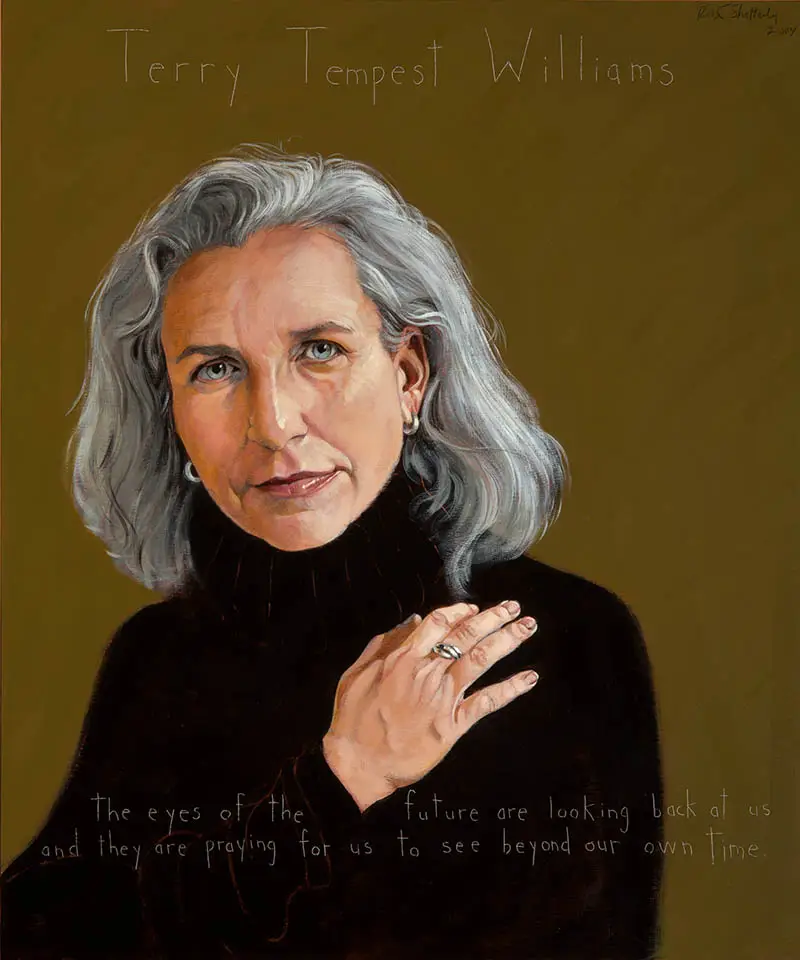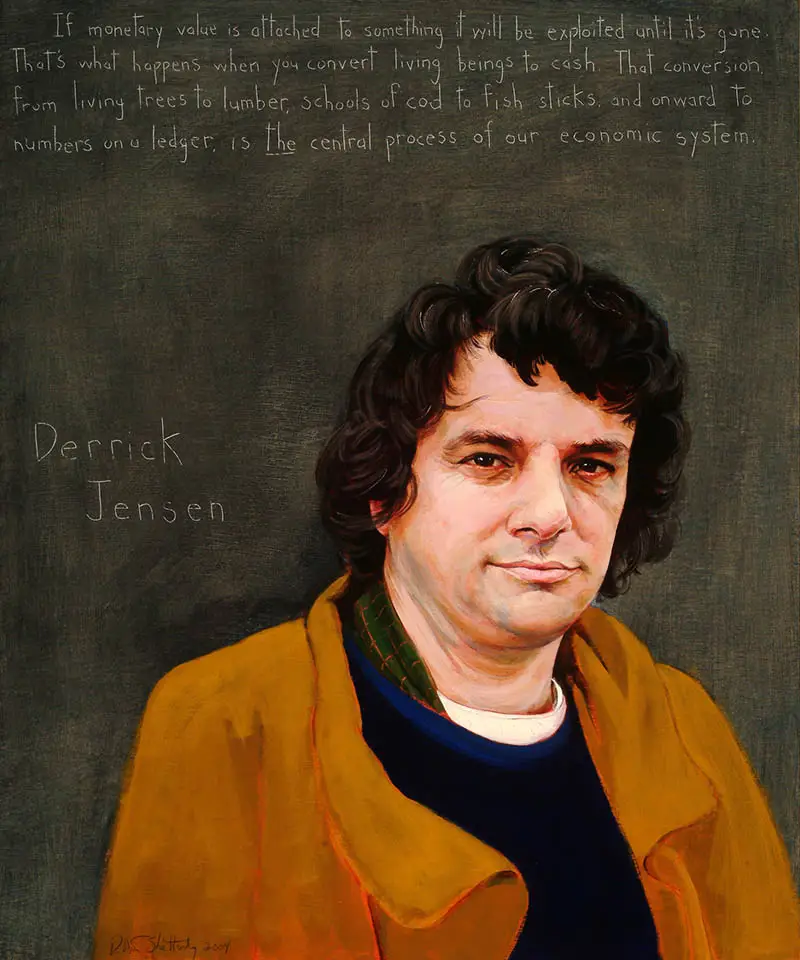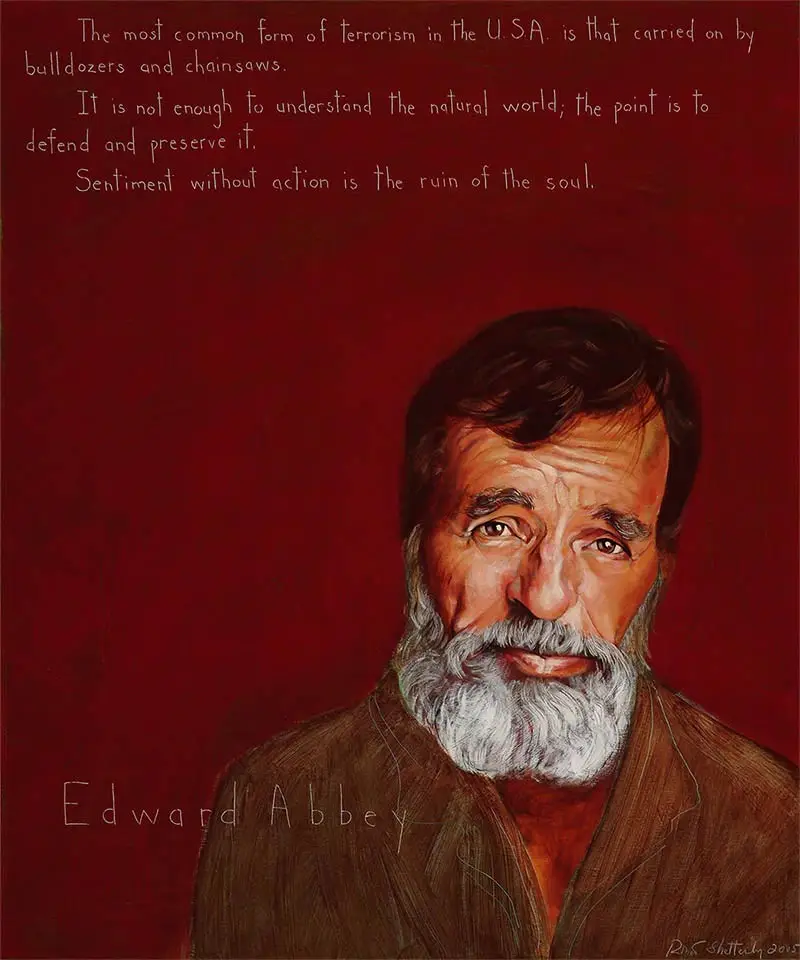
Edward Abbey
Writer, "Desert Anarchist:" 1927 - 1989
“The most common form of terrorism in the U.S.A. is that carried on by bulldozers and chainsaws.”
“It is not enough to understand the natural world; the point is to defend and preserve it.”
“Sentiment without action is the ruin of the soul.”
Biography
28 published volumes of Abbey’s writing include novels, narrative non-fiction, and anthologies of essays and letters.
He is famous for his nonfiction book, Desert Solitaire and his novel, The Monkey Wrench Gang.
3 documentaries have explored Edward Abbey’s life.
Edward Abbey left his family home in Home, Pennsylvania, at age seventeen and headed west across America, on a hitchhiking journey through the desert that, in his heart and mind, would never really end. Before long, he had moved to the Southwest, where he earned several degrees from the University of New Mexico. His master’s thesis was entitled “Anarchism and the Morality of Violence.”
Through the 1950s and 1960s Abbey worked as a seasonal park ranger and fire lookout, and he wrote three novels that attracted minor attention. Desert Solitaire; A Season in the Wilderness (1968), his fourth book, made Abbey’s reputation, establishing him as someone who, as Robert Redford later wrote, “positively influenced many to not only treasure our natural heritage but to fight for its preservation as well.” This non-fiction account of life as a backcountry ranger in Utah, is a masterpiece of nature writing and philosophy.
Publishers like the Sierra Club and Time-Life Books were eager for more of Abbey’s work, and (along with a fourth novel) he next wrote three non-fiction coffee table books filled with beautiful photography: Appalachian Wilderness (1970), Slickrock (1971), and Cactus Country (1973).
Abbey’s fifth novel soon distanced him from the establishment. The Monkey Wrench Gang (1975), the most famous of his more than twenty books, tells the story of four ecological saboteurs whose dream is to blow up Arizona’s Glen Canyon Dam. The author called his book a satire; others saw it as a how-to guide for destroying property. The novel inspired the formation of the militant group Earth First!, and such sabotage in defense of the environment became known as “monkey-wrenching.”
Uncomfortable with his image as a counterculture environmentalist, Abbey often angered his antagonists with pithy aphorisms:
“Society is like a stew. If you don’t stir it up every once in a while then a layer of scum floats to the top,”
“Freedom begins between the ears.”
“A patriot must always be ready to defend his country against his government.”
Refusing to be linked with either the Left or the Right, he enjoyed fighting what he considered the good fight.
“Better a cruel truth,” he said, “than a comfortable delusion .”
Related Portraits
Programs
Americans Who Tell the Truth (AWTT) offers a variety of ways to engage with its portraits and portrait subjects. Host an exhibit, use our free lesson plans and educational programs, or engage with a member of the AWTT team or portrait subjects.

Education
AWTT has educational materials and lesson plans that ask students to grapple with truth, justice, and freedom.
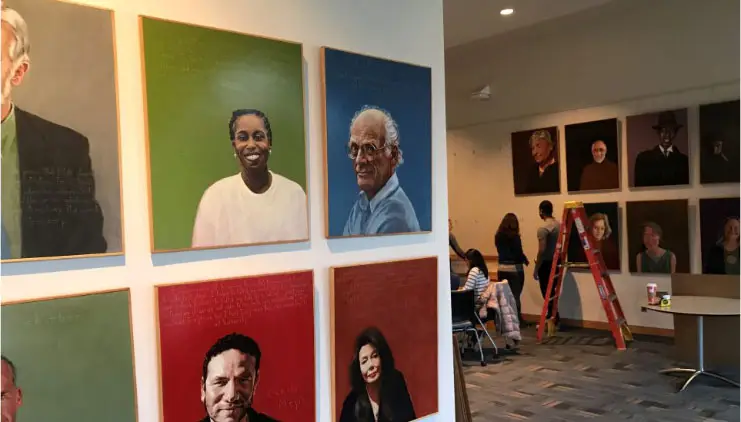
Exhibits & Community Engagement
AWTT encourages community engagement programs and exhibits accompanied by public events that stimulate dialogue around citizenship, education, and activism.
